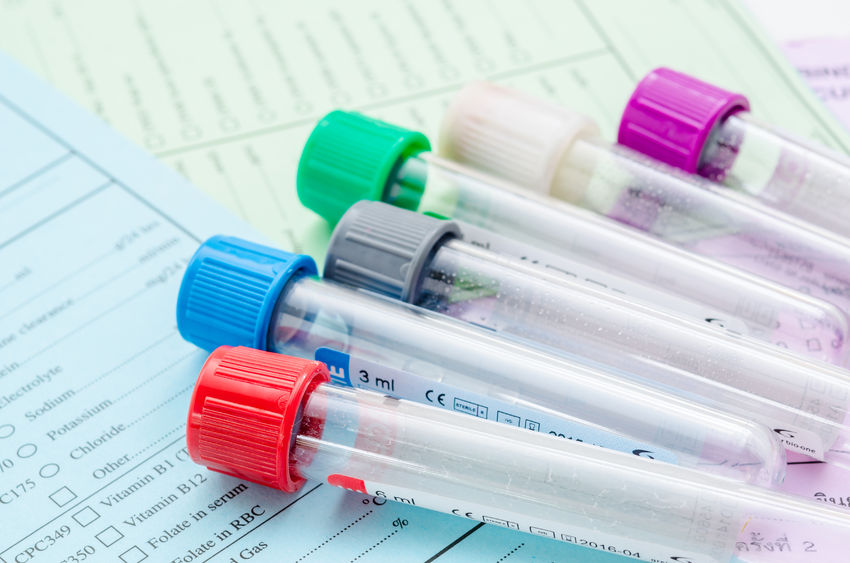
Protein Electrophoresis Random Urine
What is this test?
Protein Electrophoresis Random Urine Test is used to measure specific proteins in the urine by collecting a random urine sample. This test determines any conditions or diseases that may cause abnormal protein production or loss. In this method, the proteins are separated based on their shape, size, and charge.
What is the importance of protein?
Proteins are known as the building blocks of cells and tissues. They are essential for the proper functioning and growth of the body’s cells and tissues. The blood contains two major types of proteins called albumin and globulin.
Albumin:
- It is the most abundant protein in the blood.
- It is made by the liver and helps in keeping fluid from leaking out of blood vessels.
- It is also useful in carrying enzymes, hormones, and vitamins throughout the body.
Globulins:
- These are major proteins that are produced in the liver.
- These proteins are also produced by the immune system to fight against foreign substances.
- It helps in blood clotting, fighting against infection, and proper liver function.
- These proteins can be divided into 4 categories. They are alpha 1, alpha 2, beta, and gamma globulins.
Alpha-1 globulin:
- High-density lipoprotein (a good type of cholesterol).
Alpha-2 globulin:
- A protein which binds with hemoglobin.
Beta globulin:
- Helps in the transport of iron and fight against infection.
Gamma globulin:
- These proteins are also known as antibodies.
- It prevents and fights against infections.
Normally, healthy kidneys do not allow the proteins to pass through it and into the urine. But in damaged or diseased kidneys, the proteins start to get filter through and appear in the urine. Albumin is the most abundant protein in the blood. Since albumin has small molecular size, it gets easily filtered through the kidney if the kidneys are not functioning properly. The condition of an excess amount of protein in the urine is known as proteinuria.
Why this test is performed?
This test is performed to monitor or diagnose the conditions or diseases that may cause abnormal protein production or loss. This test is recommended to diagnose conditions such as multiple myeloma (blood cancer) or monoclonal gammopathy of unknown significance (MGUS). Your doctor may ask you to perform this test if you experience any signs or symptoms of abnormal protein levels such as weakness, sudden weight loss, back pain, nausea, unusual thirst, constipation, or frequent urination, etc. This test is recommended in individuals with kidney or liver disorders. Your doctor may also advise you to perform this test if you have an abnormal result on a total protein or albumin blood test.
How often this test is performed?
If you have a family history of liver or kidney problems, your doctor may ask you to perform this test on a 6-monthly basis or a yearly basis. Patients with liver or kidney disorders should perform this test on a regular basis as instructed by the doctor.
Test Preparation
Inform your doctor if you are on any medications, have any allergies or underlying medical conditions before your Protein Electrophoresis Random Urine. Your doctor will give specific instructions depending on your condition on how to prepare for Protein Electrophoresis Random Urine.
No specific preparation is required for this test. However, follow all the instructions given by your healthcare provider.
Understanding your test results
If the test results fall in the normal reference range, generally no medical intervention is necessary.
If the test result shows a positive urine protein test (high protein levels in the urine), it may indicate a problem with kidney function. Increased levels of protein in the urine may also be seen in conditions such as bladder cancers and tumors, diabetes, congestive heart failure, urinary tract infection, amyloidosis (presence of amyloid proteins in tissues and organs), increased blood pressure, an inflammatory autoimmune disease; lupus, heavy metal poisoning, multiple myeloma (cancer of plasma cells), pre-eclampsia in pregnant women (a condition of increased blood pressure), or due to use of excessive medicines that may cause kidney damage.
High levels of protein in the urine are also seen in individuals with stress or who do excess exercises. Abnormally increased levels of protein in urine may indicate a kidney damage or disease. Signs and symptoms of kidney damage are poor appetites, foamy or dark-colored urine, fatigue, swollen abdomen, decreased urination or change in the frequency of urination, back pain, high blood pressure, or uncontrolled diabetes, etc.
However, your doctor may recommend a few more additional tests to detect the exact cause of the protein loss.
A negative urine protein test indicates that there are no detectable levels of protein in the urine sample.
Based on the test results, your doctor may advise appropriate medical treatments, lifestyle modifications, or further diagnostic tests.
| Gender | Age groups | Value |
| UNISEX | All age groups | 5 waves |

